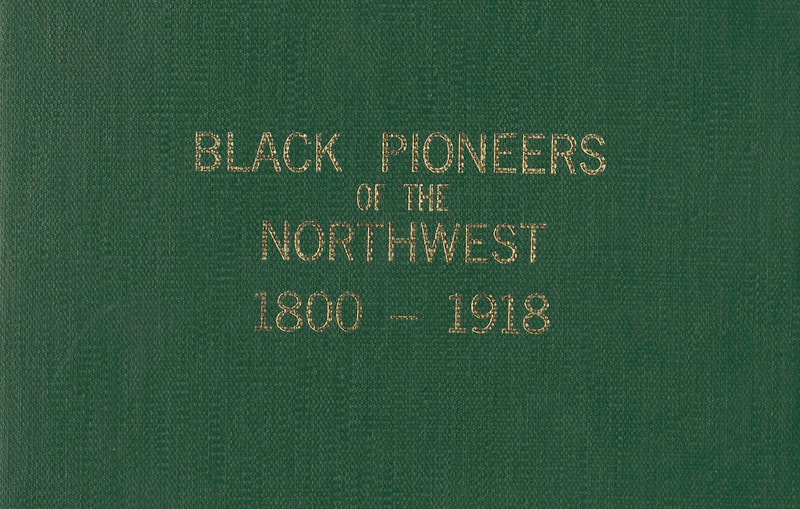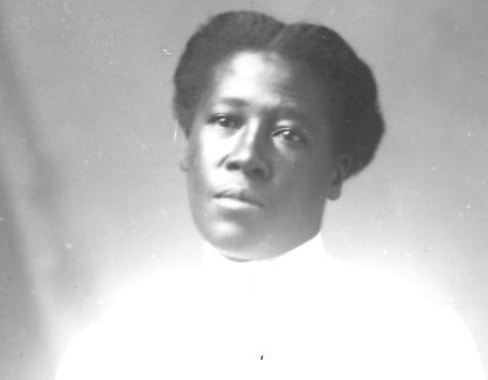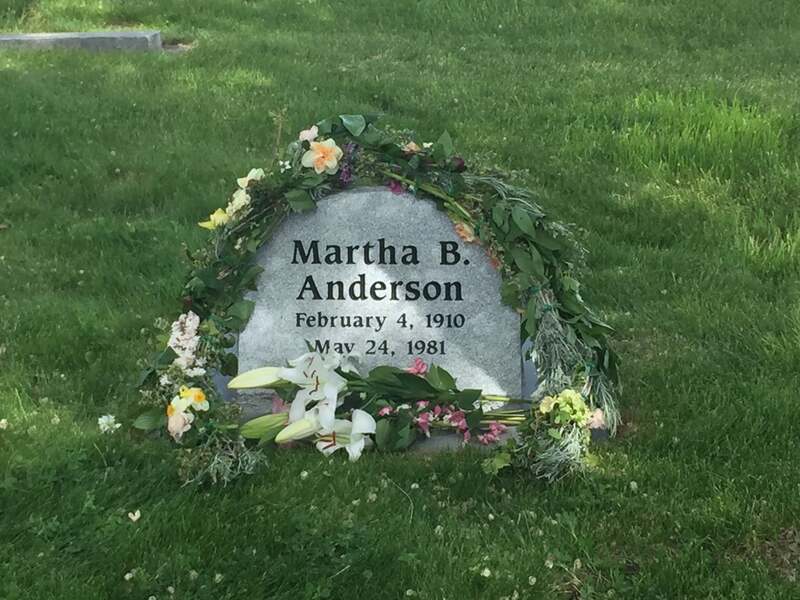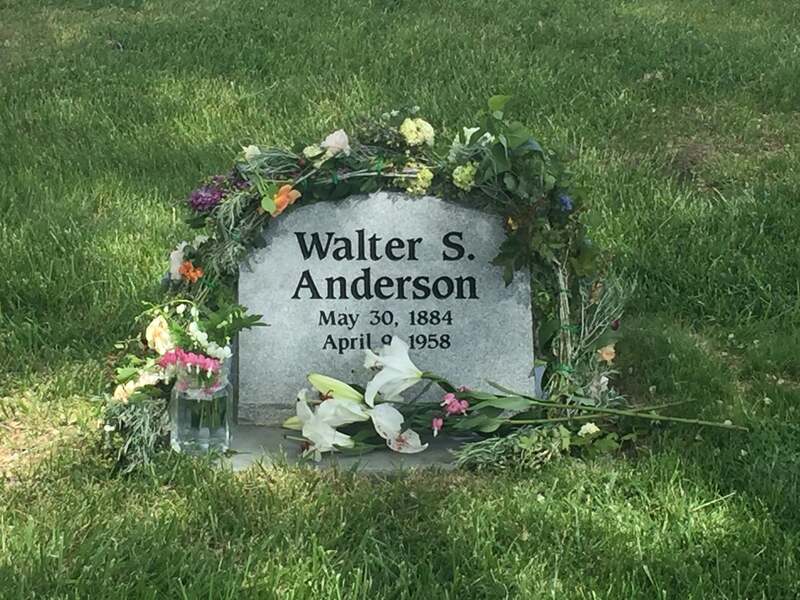|
Regarded as a fine collection of items, the Claire McGill Luce Western History Room housed within the Harney County Library contains a collection of ‘Harney County’ archived and curated by our staff. Whether you are reading for your own interest or research this room is dedicated to preserving local history. Here's a recommended reading list: 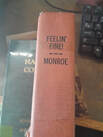 Feelin’ Fine! Bill Hanley's Book Put Together by Anne Shannon Monroe. Garden City 1931. 8o. Illustrations by William L. Finley. Original cloth. 'Feelin Fine' has long been out of print It has always been a favorite to pass along to someone interested in the subject of Harney County. Bill Hanley was widely known, and greatly admired. 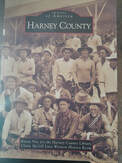 Harney County by Karen Nitz Archivist at the Claire Mcgill Luce Western History Room housed within the Harney County Library, combines a lifelong interest in photography and local history to portray early life in one of the West’s final frontiers. She has selected images from the combined collections of the Western History Room, the Harney County Library, the Harney County Historical Society, and private collections throughout the county to illustrate the trials and triumphs of life in the high desert. This book is available for checkout and you can also purchase it online or in the library. Harney County, Oregon and its Range Land by George Brimlow This colorful action-packed history runs from Indian times and the first explorations by white men through the period of settlement and Indian wars, the decades of the cattle kings, and into the modern scene of industry and change. 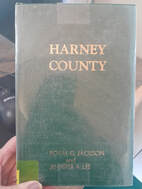 Harney County: an Historical Inventory by Royal G. Jackson This historical mosaic is replete with people, places, and events which have been the primary shapers of the Harney County story. Among these are such notable names as Peter Skene Ogden, John Devine, Sarah Winnemucca, Chief Egan, Peter French, Bill Hanley, Henry Miller, George Smyth, George McGowan, Charles Voegtly , Nathan Brown and others. Harney County Place names reflect the vitality and descriptive powers of hardy settlers adapting to a diverse and demanding environment. Footloose and Ahorseback: Memories of a Buckaroo on Steens Mountain, Oregon by Johnie “Cactus” Smyth Cactus Smyth lived in Andrews, Oregon at the base of the Steens Mountains. He has written stories of his life in the surrounding area. 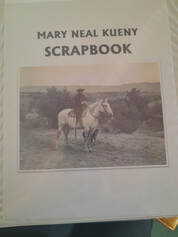 Also check out our Special Collection Scrapbook of Mary Neal Kueny: Woman Buckaroo of Harney County A collection of photographs of the life and times of a true buckaroo woman, Mary Neal Kueny, ranch owner in the Wild Horse Valley on the edge of the Alvord Desert, a true pioneer of the west. She once wrote “It will be nice to know that my name will be in a book to read many years after I have galloped over the mountain.” Over 200 photographs available in this scrapbook. For more information visit our online digital collections database at: https://harneycountylibrary.catalogaccess.com/search. Select photos of this scrapbook are currently on display at the Harney County Library.
2 Comments
Black History Month is celebrated throughout the month of February to recognize and honor the contributions of Black Americans. Few in Harney County realize one of their own residents, Martha (Adams) Anderson, was a noted author whose writing on African-American history in the Northwest was at the forefront of a movement to preserve the stories of countless Black Americans, like her own family, who contributed to settling the West.
Martha Anderson described herself as coming from an “unusual family.” Born in Denver in 1910, she was reared on a ranch in Idaho. Anderson was interested in writing from an early age. In her 20s, she wrote scripts for Seattle radio stations, and in her later years had been a frequent contributor to trade magazines and other publications. “As a child I listened to my grandfather (a Union veteran who later settled in Seattle) talk about Civil War battles, and eating mule meat. He was full of history.” She met and married successful Steens Mountain area rancher, Walter Scott Anderson, several years after the death of his first wife, Stella, from pneumonia in 1936. Walter, a native of Arkansas, arrived in Harney County with his brother Oscar in the early 1910s and soon thereafter established his own cattle ranch at the site of the old Alberson Station. The brothers, highly respected stock raisers, were noted in the Burns newspaper as the only two black ranchers in the county and remained so as late as the 1950s. Walter and Martha sold their Juniper Lake area cattle operation and moved to Portland in 1952 due to Walter’s failing heart. In Portland, Mrs. Anderson operated the Medley Hotel for black servicemen who, she said, “didn’t have any civil rights.” Her interest in history, no doubt fueled by stories from some of her hotel guests, led to the writing and publishing in 1980 of “Black Pioneers of the Northwest, 1800-1918,” detailing the lives of successful black gold rush muleskinners, laundresses, steamboat cooks, barbers, farmers, ranchers and businessmen. The publication is a primary reference for many contemporary works on African-American history in Oregon and the Pacific Northwest. “The blacks who settled in the West in the 1800s," she said, proved that, “it doesn’t take a million dollars to be a good citizen. Rather, they showed an ability to work under any circumstances. Those who worked the mining camps proved that a person could go out with a frying pan into the middle of the desert and make a living.” Martha and Walter Anderson were both laid to rest in unmarked graves beside Oscar and his wife Maude Anderson in the Burns cemetery, an ignominious ending for true pioneers of their time. In July 2020, members of the group Rural Alliance for Diversity (RAD) in Burns became aware of the Anderson’s and their unique story. They contacted Oregon Black Pioneers for support in a project to raise awareness and funds for the creation of a grave marker for the Anderson’s. A GoFundMe campaign generated $1400 for the markers. During Memorial Day weekend in May 2021, members of RAD, OBP and the Harney County community formally dedicated headstones in the Burns cemetery for Martha and Walter Anderson. RAD also purchased a copy of Martha Anderson’s book, now available for public circulation at the Harney County Library. Learn more about the Andersons in the files of the Claire McGill Luce Western History Room, located in the back of the Harney County Library. 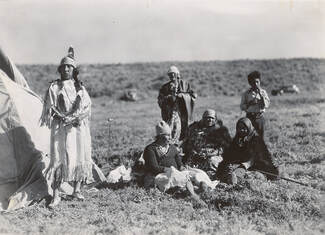 The Harney County Library is located on the traditional indigenous homeland of the Wadatika people, now the Burns Paiute Tribe. During the month of November, we celebrate and honor the histories, cultures and traditions of Indigenous communities in Oregon, with particular gratitude for the knowledge of the land which the Burns Paiute have shared, and their many ongoing contributions to the Harney County community and beyond. Throughout November, the Harney County library has set up a display of materials about the history and culture of Oregon native peoples, including the Burns Paiute Tribe, which can be viewed here or checked out. We, at the library, are also always available to help you find more materials either right here, or through our SAGE inter-library loan system. Please come celebrate Native American Heritage Month and reflect on the history of America’s indigenous peoples throughout the month of November and every month of the year! |
Authors
Authored by the staff at Harney County Library! Archives
March 2024
Categories
All
|

 RSS Feed
RSS Feed
